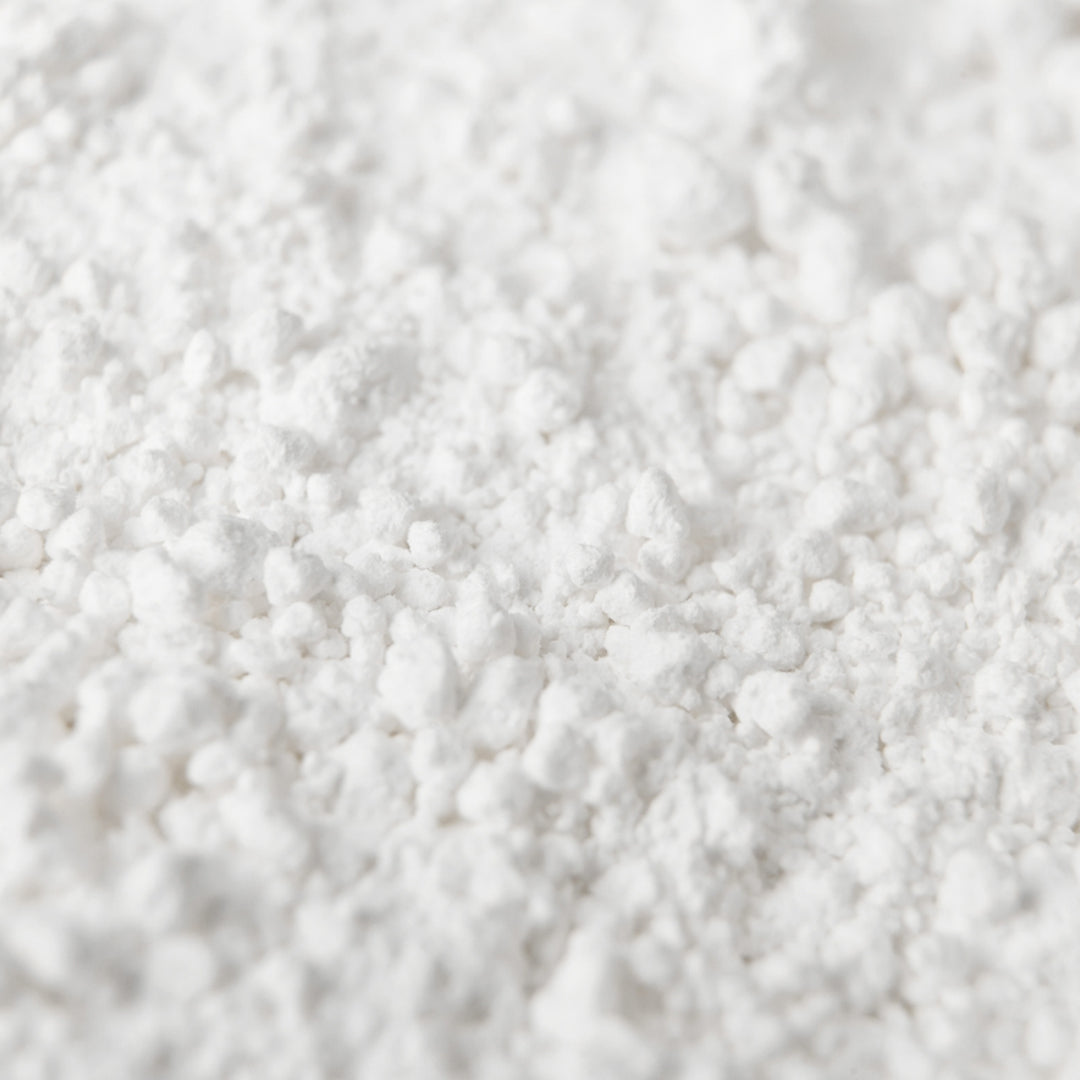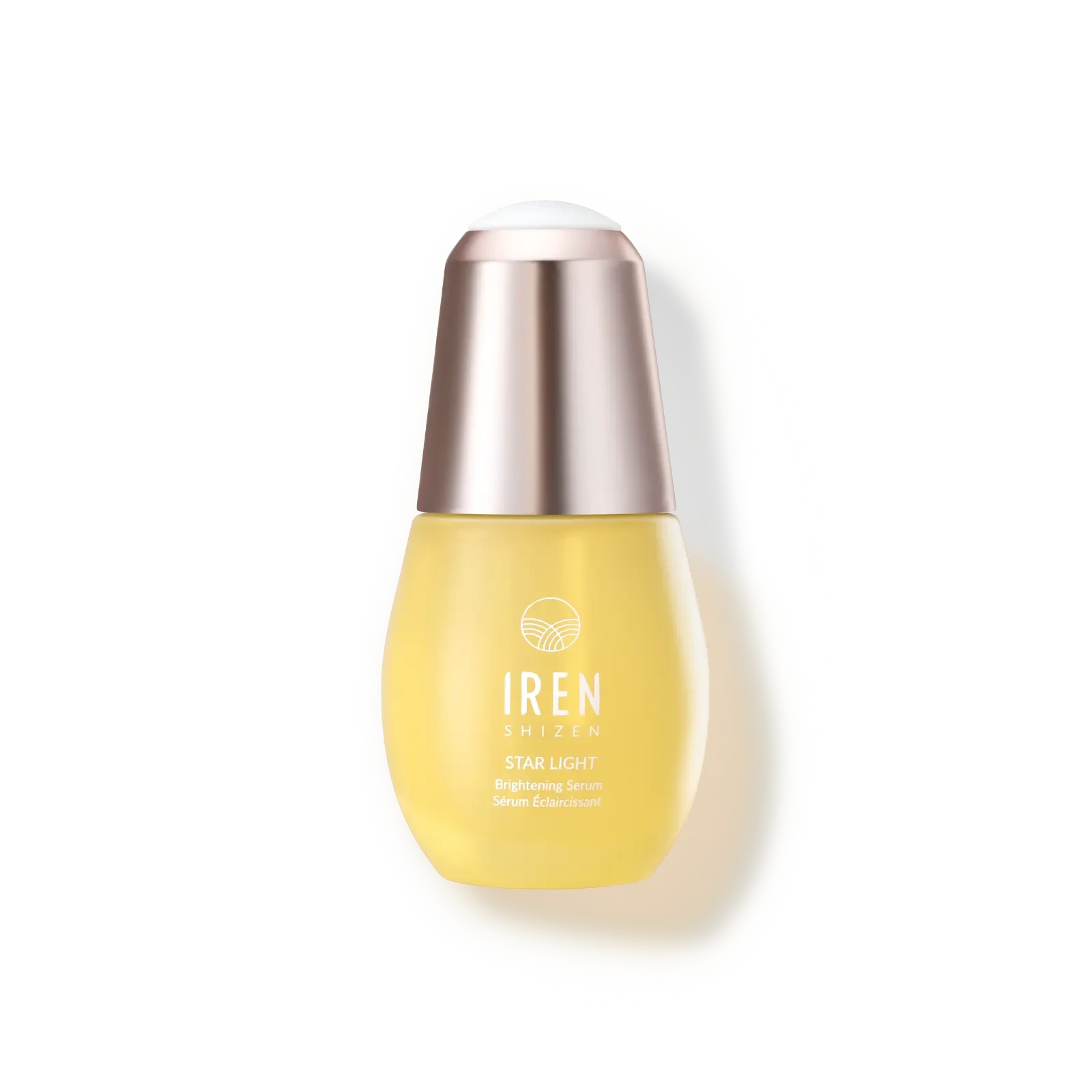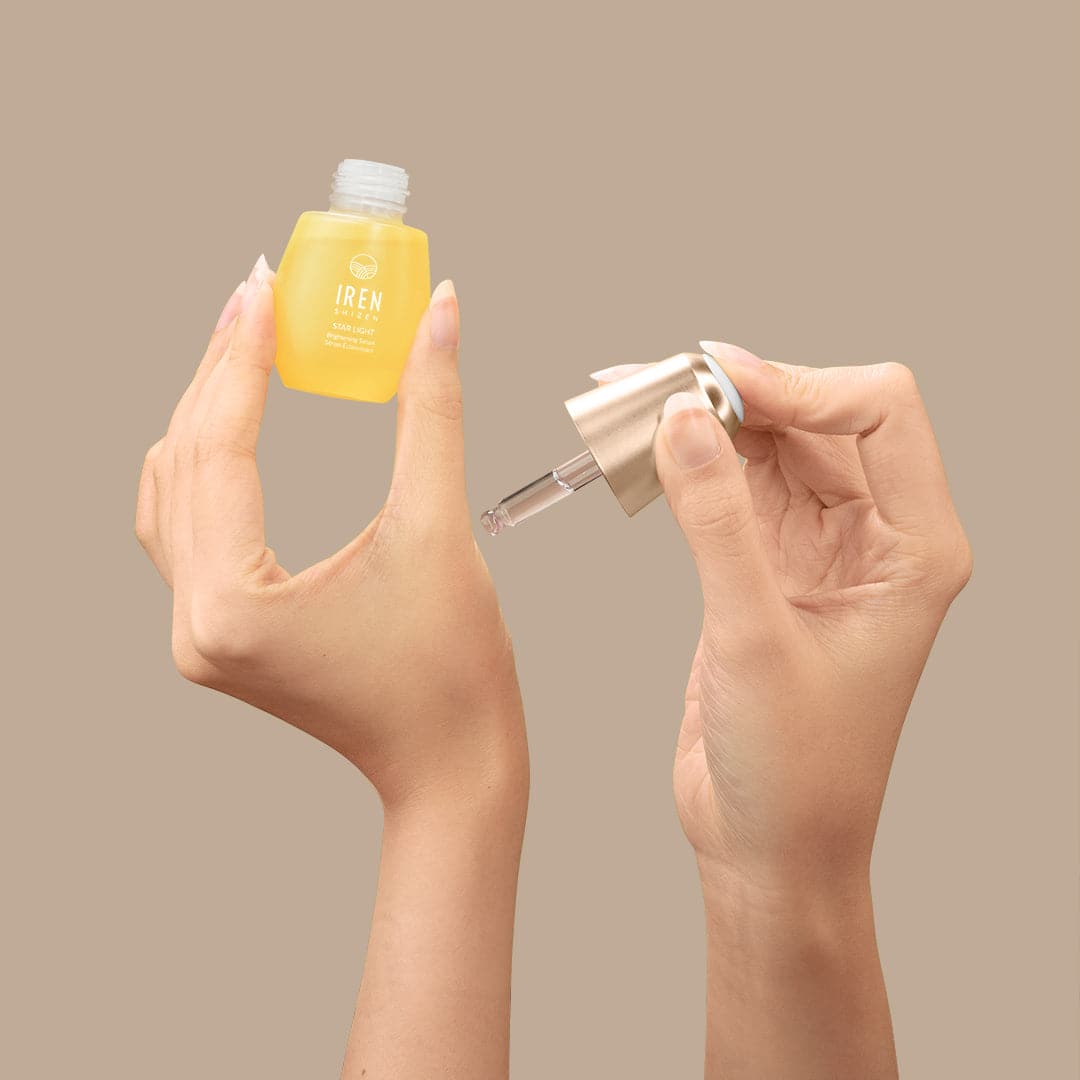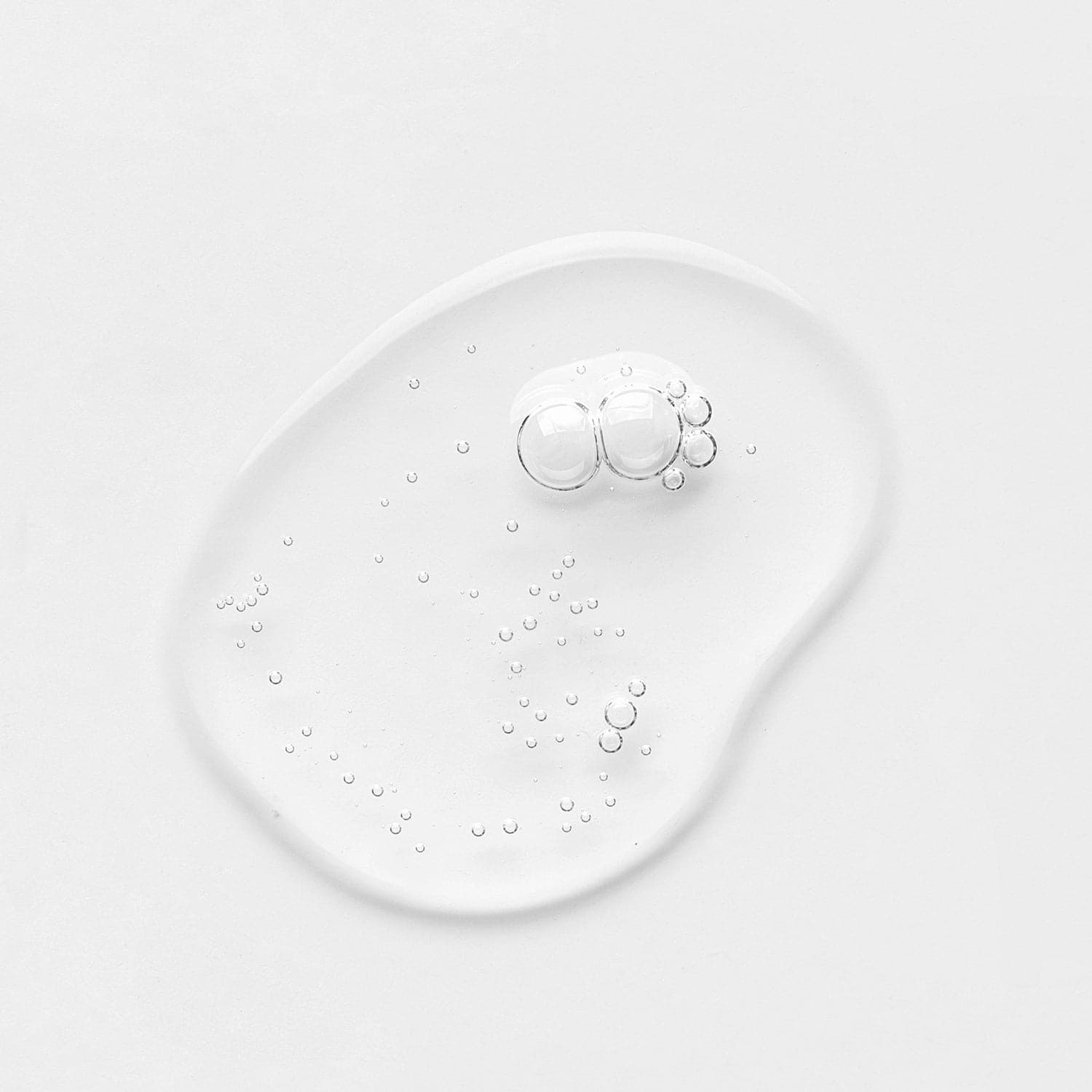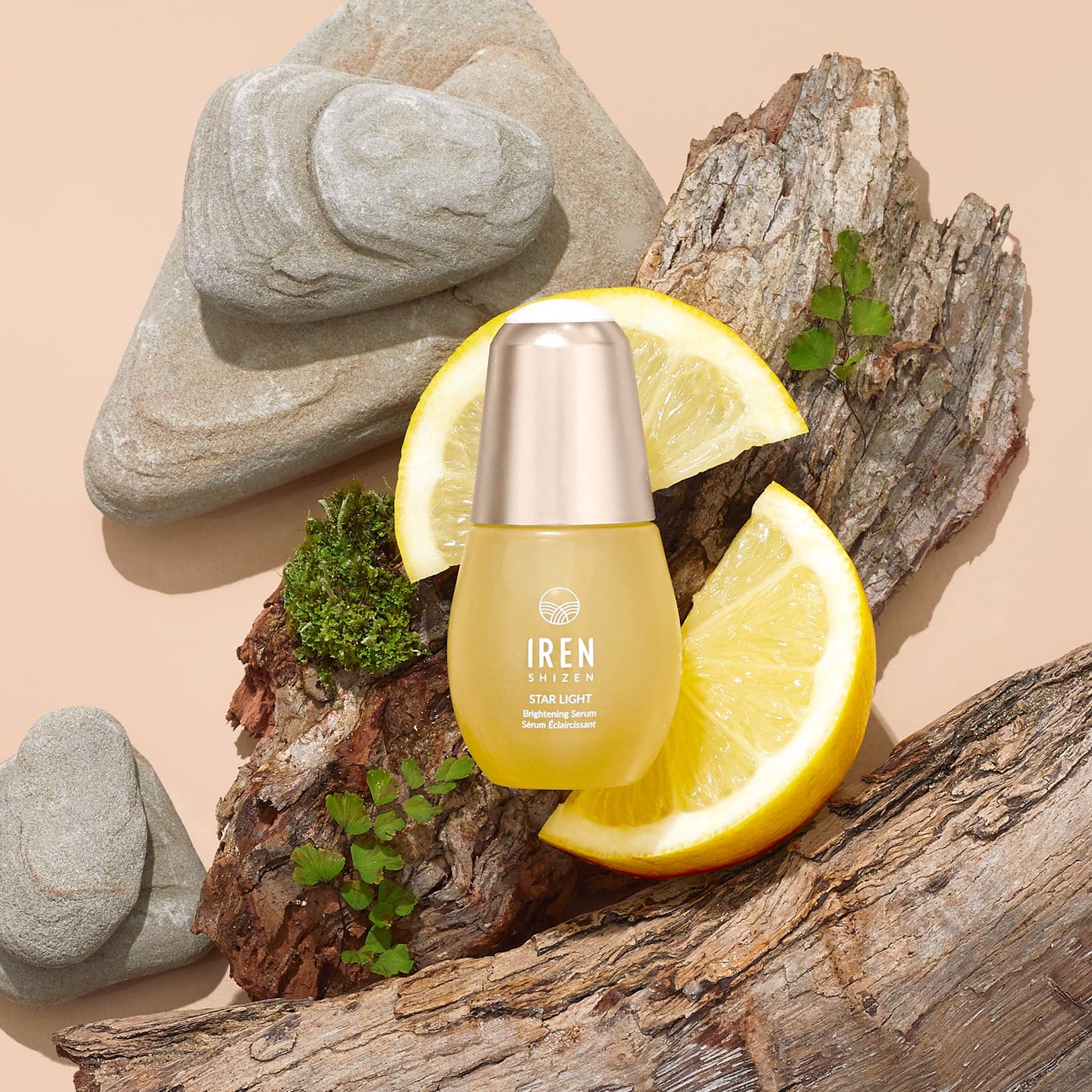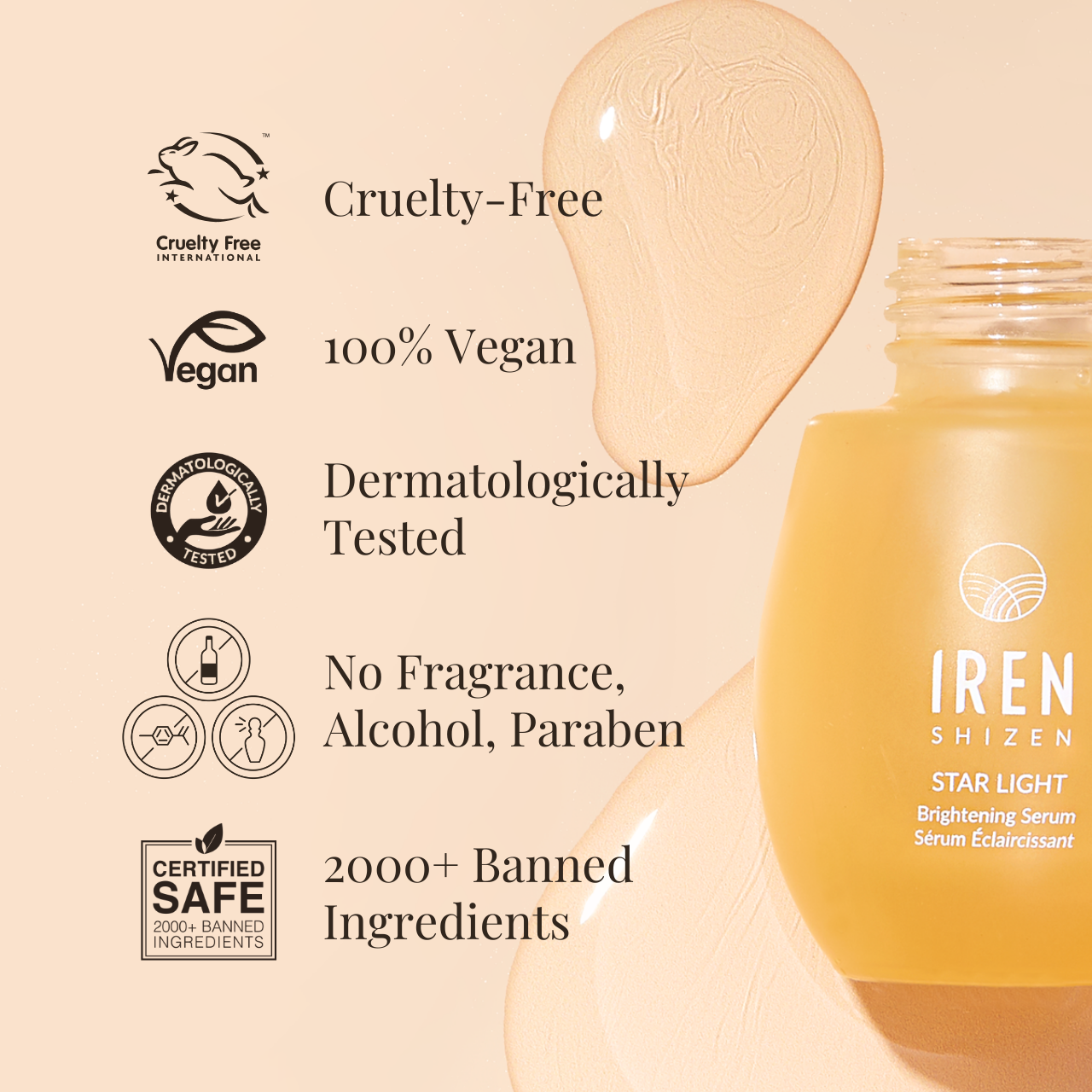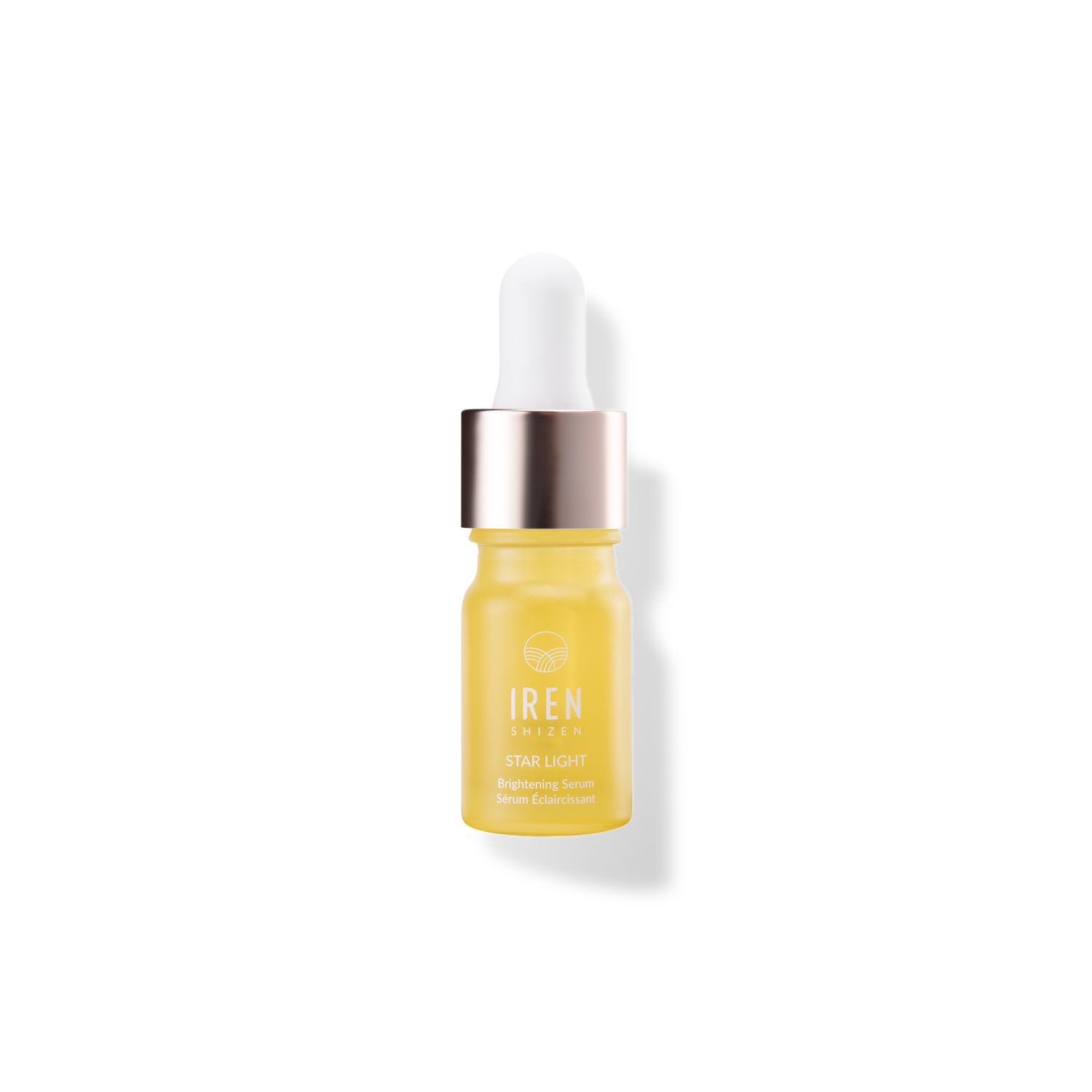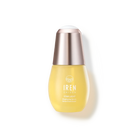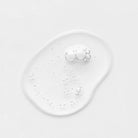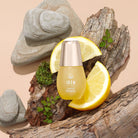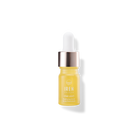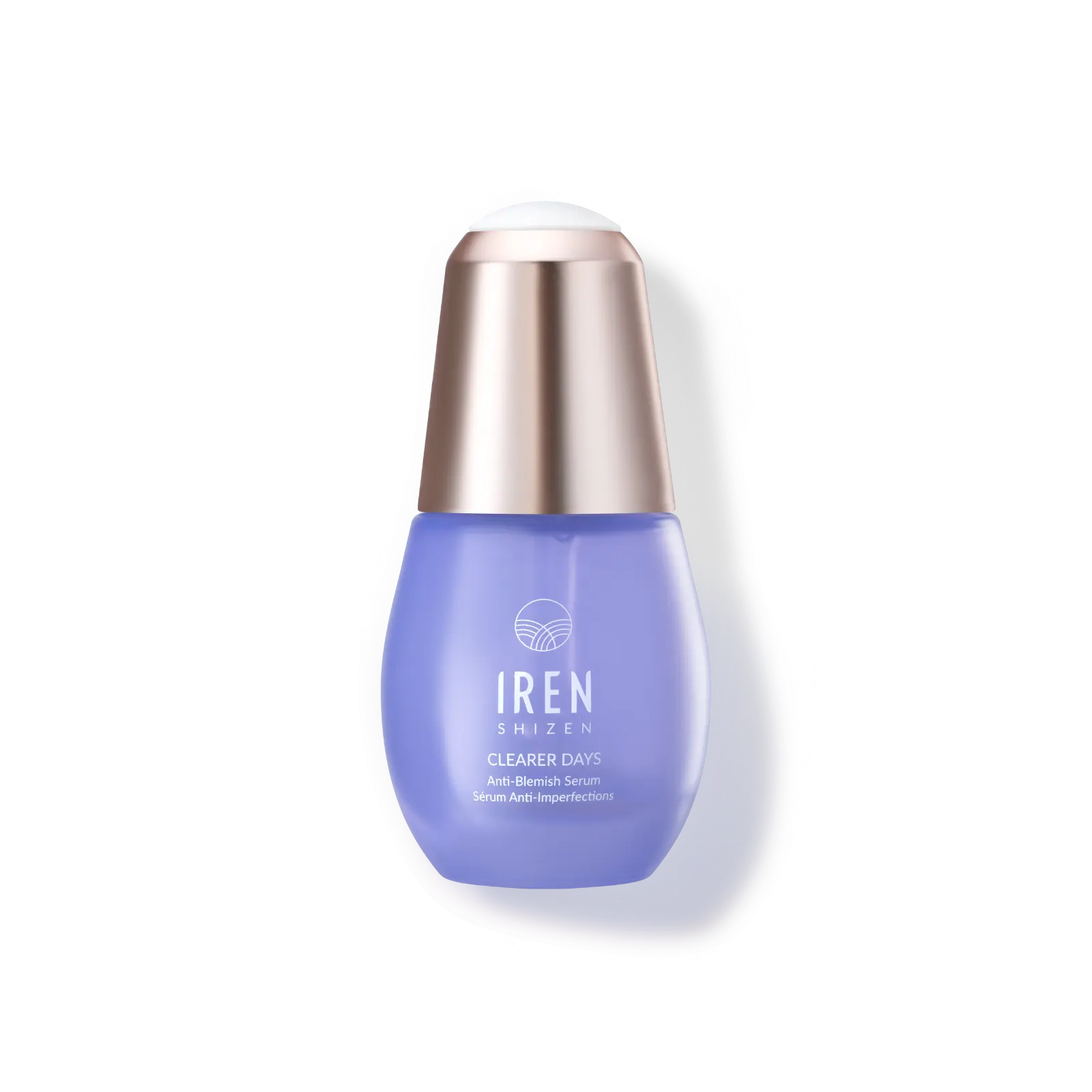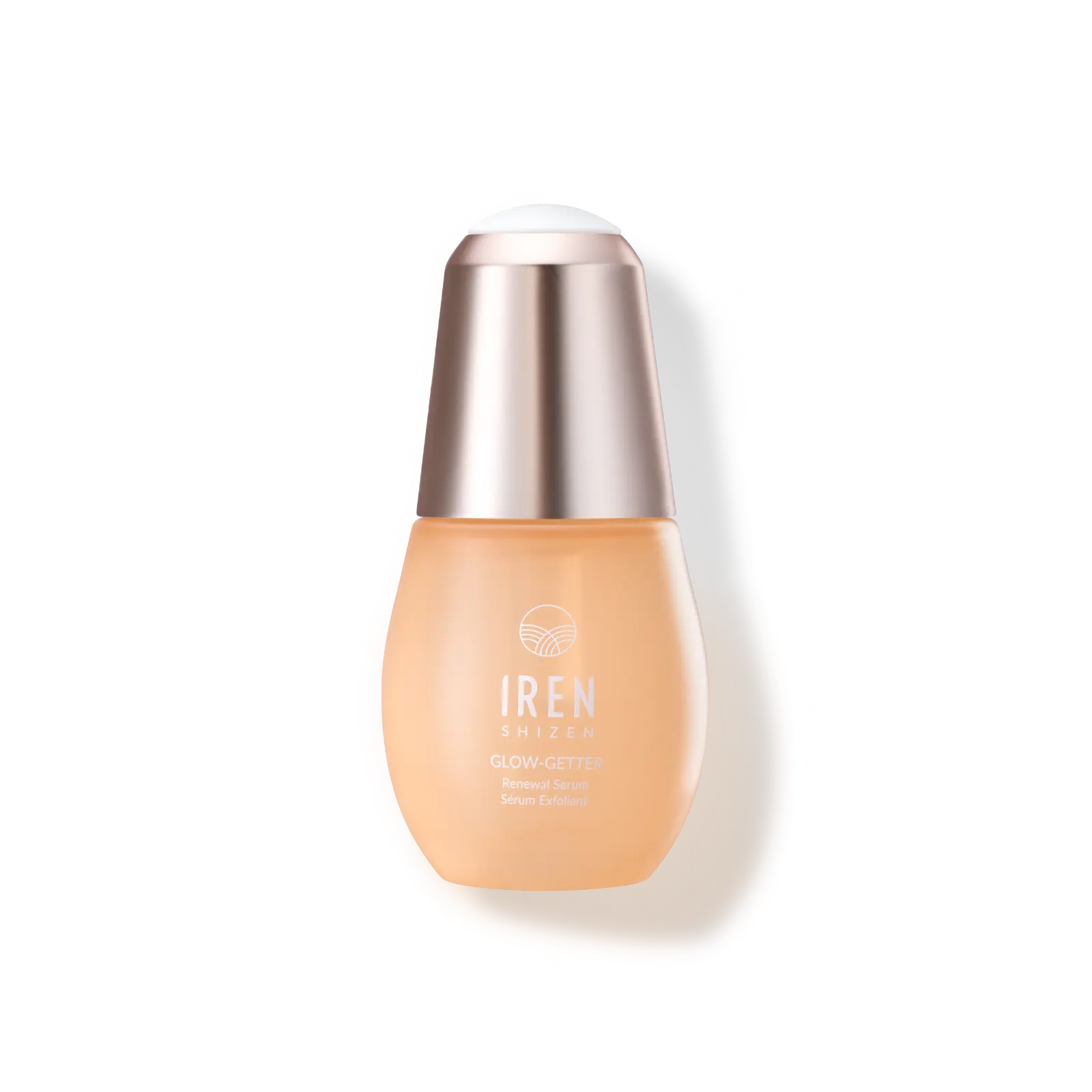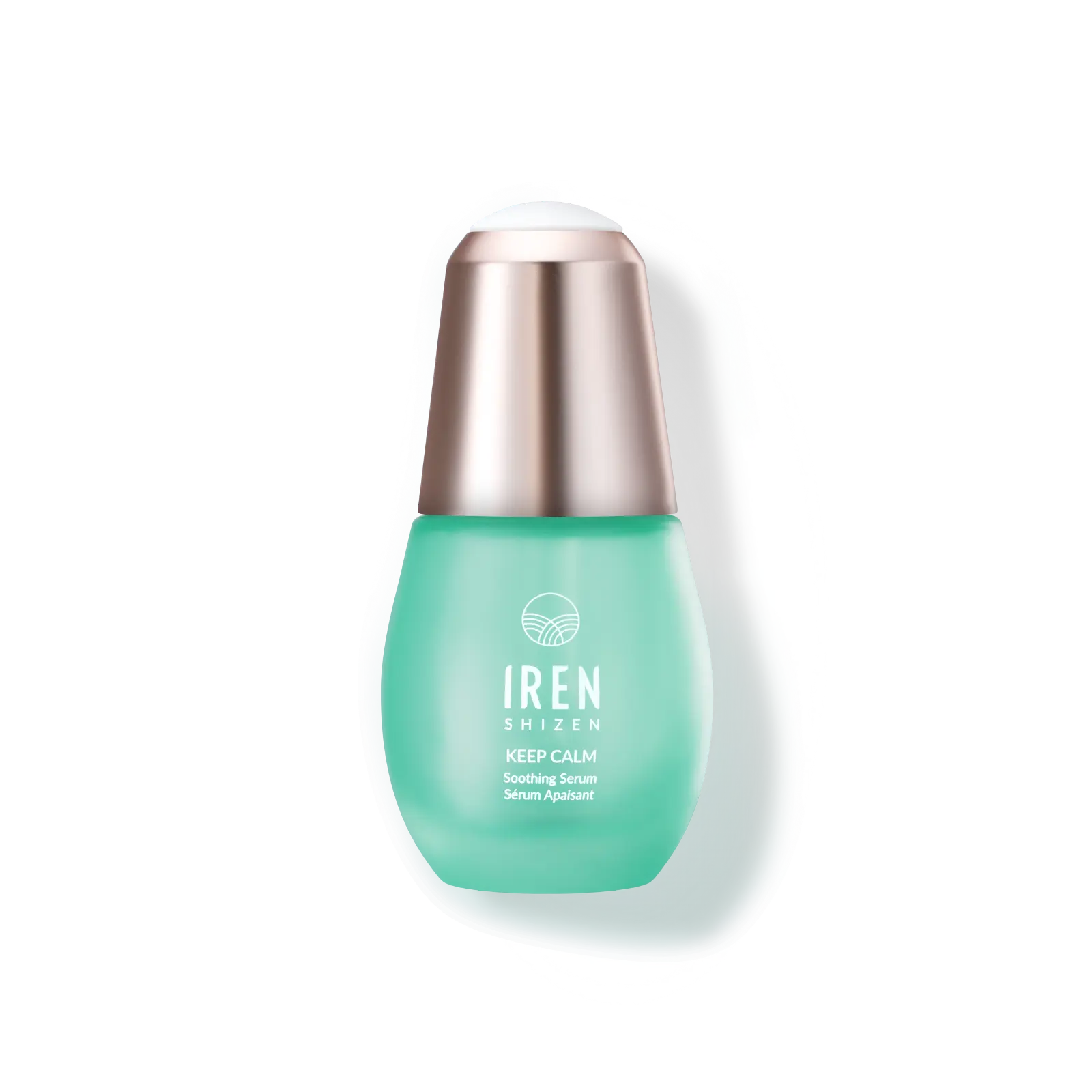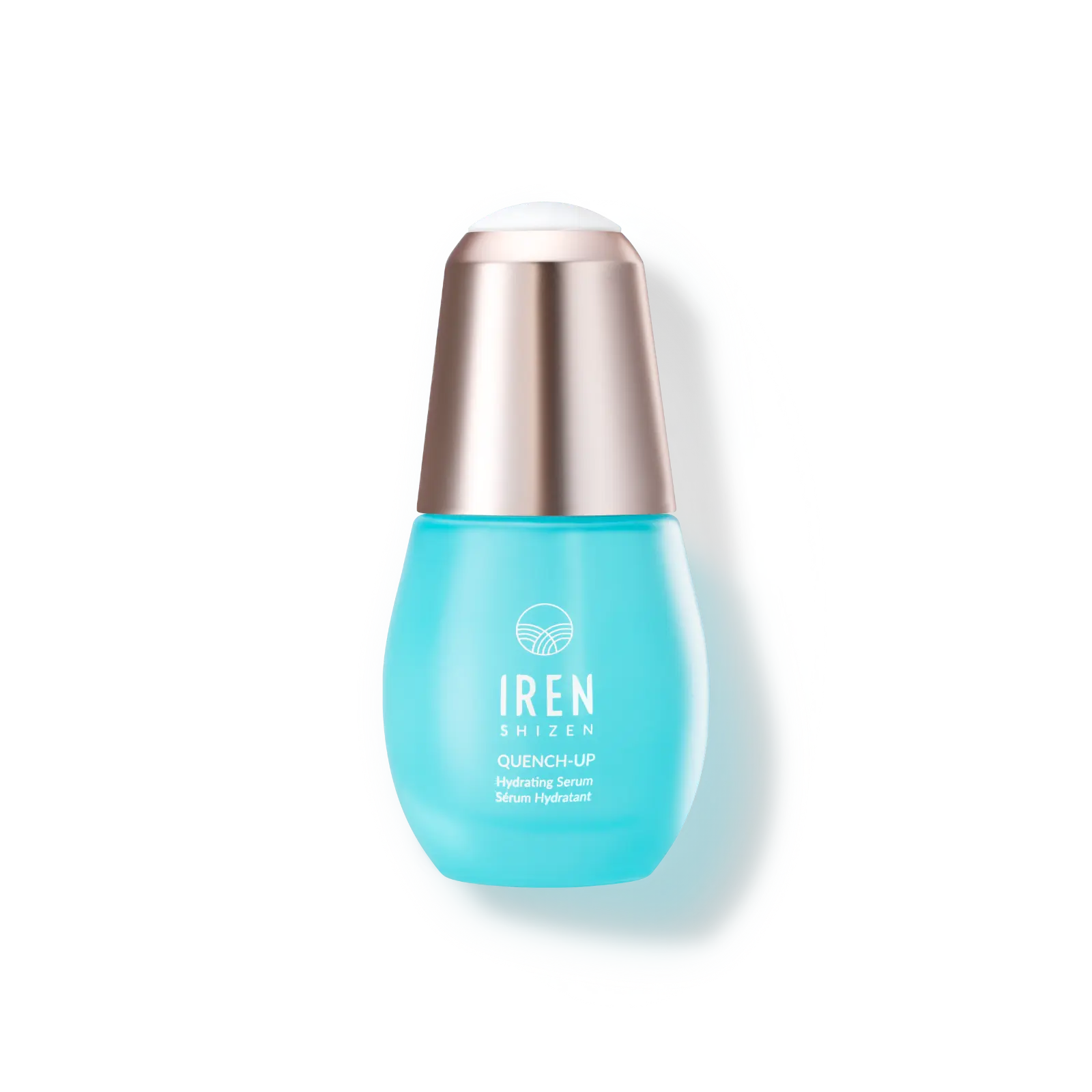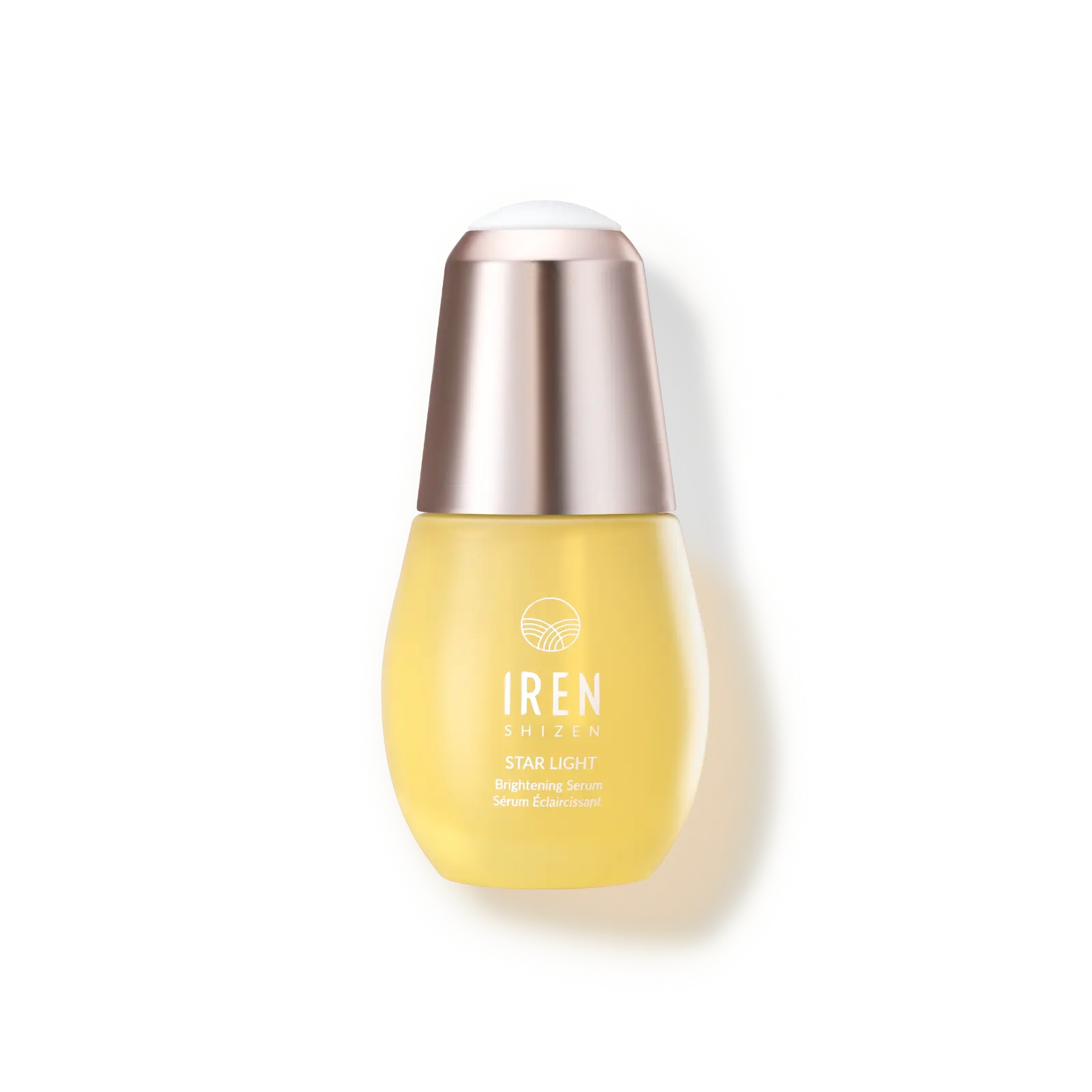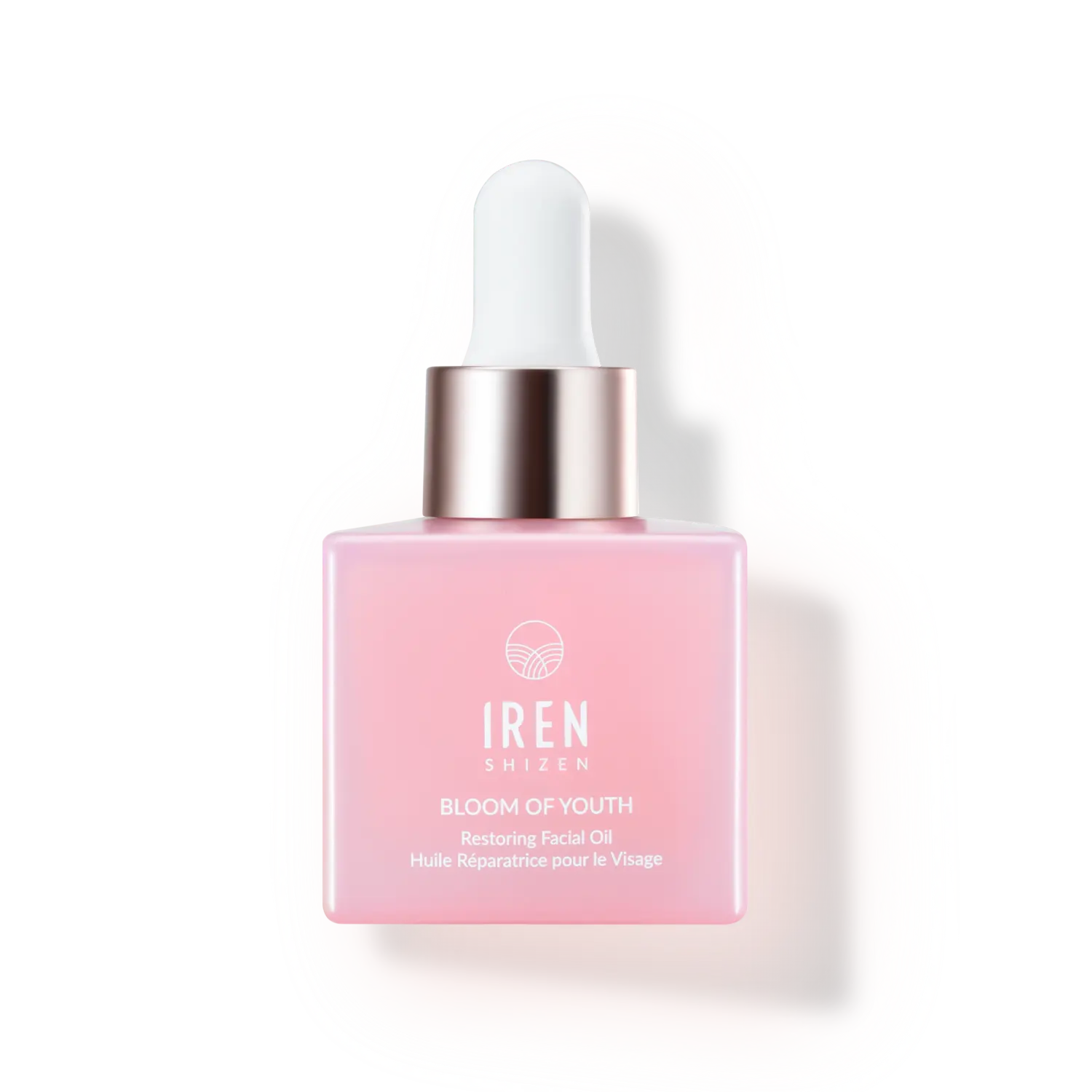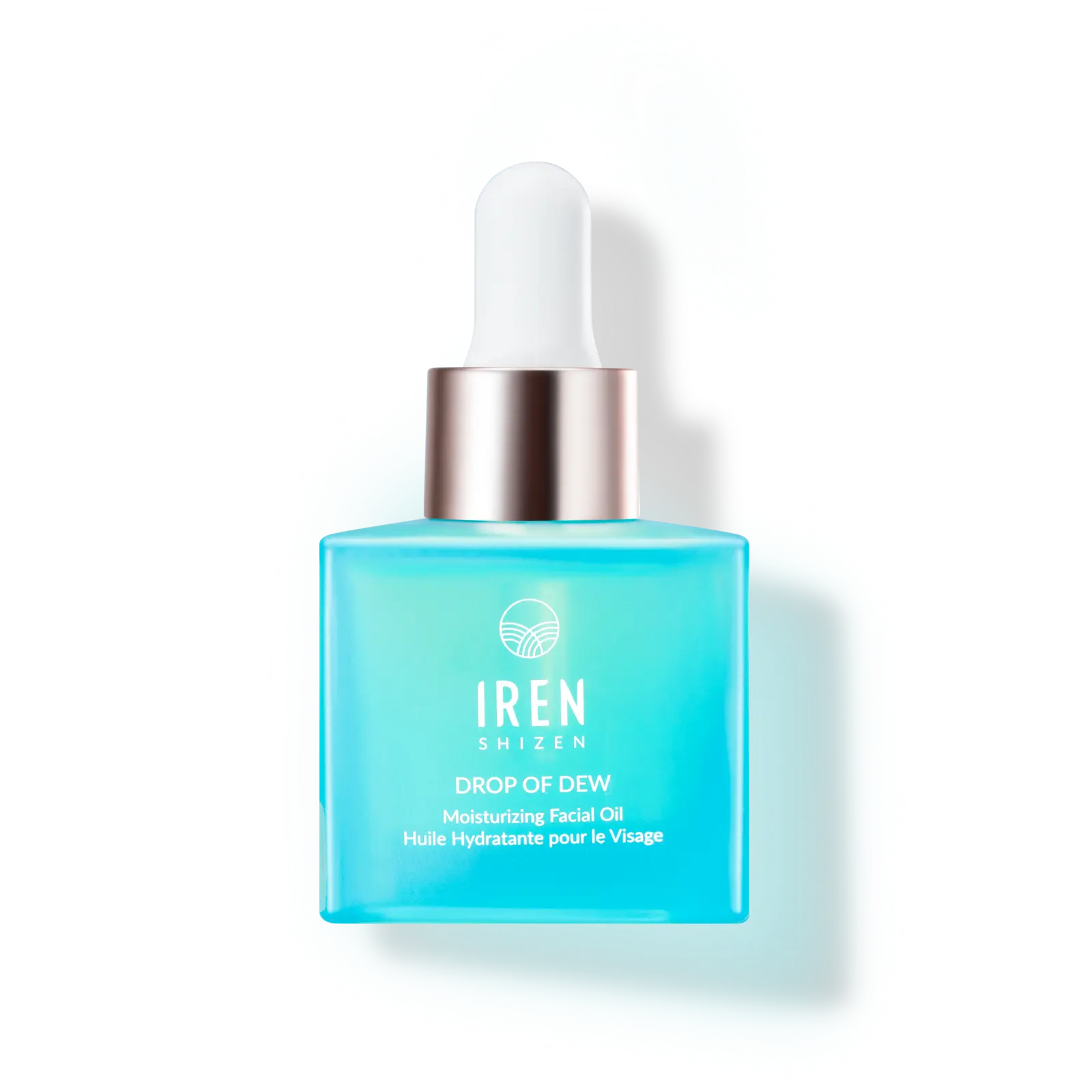HISTORY
Alpha arbutin, a stable form of arbutin, is widely used in Japanese skincare for its skin-brightening and anti-hyperpigmentation properties. Its popularity aligns with Japan's tradition of using natural ingredients in beauty products. Gaining prominence in the late 20th century, alpha arbutin is now a common component in serums and creams, known for inhibiting melanin production and promoting an even skin tone. This ingredient has become a staple in many Japanese beauty brands, reflecting the country’s innovative approach to skincare.
SCIENCE
Alpha Arbutin brightens the skin by effectively inhibiting melanin production. Its mechanism involves blocking the activity of tyrosinase, a crucial enzyme in the synthesis of melanin, the pigment responsible for skin color. Overproduction of melanin can result in issues like dark spots, hyperpigmentation, and an uneven skin tone. Through its inhibition of tyrosinase, alpha arbutin regulates melanin production, preventing the formation of new dark spots and minimizing the appearance of existing ones. This process leads to a gradual improvement in skin tone, creating a more uniform and radiant complexion over time. Notably, alpha arbutin is gentle on the skin, making it suitable for individuals with sensitive skin who may find harsher brightening agents irritating. Its reputation for effectively brightening the skin without causing sensitivity has positioned it as a preferred choice in skincare formulations designed to address hyperpigmentation and promote a brighter, more even skin tone.
Moreover, alpha arbutin's antioxidant protection primarily stems from its hydroquinone component, well-known for its free radical scavenging abilities. Free radicals, which can cause oxidative stress and harm to skin cells, are effectively countered by hydroquinone, and therefore alpha arbutin, shielding the skin from environmental stressors like UV radiation and pollution. This antioxidant function is vital for maintaining the integrity of collagen and elastin fibers, crucial proteins responsible for skin structure and elasticity. By safeguarding these proteins from free radical damage, alpha arbutin helps prevent the appearance of fine lines, wrinkles, and loss of elasticity associated with premature aging. Overall, alpha arbutin's role in neutralizing free radicals supports the skin's natural defenses, fostering a more youthful, resilient complexion and contributing to a healthier skin barrier.
REFERENCE
- Chandorkar, N., Tambe, S., Amin, P., & Madankar, C. S. (2021). Alpha Arbutin as a Skin Lightening Agent: A Review. International Journal of Pharmaceutical Research, 13(2), 3502-3510.
- Saeedi, M., Khezri, K., Zakaryaei, A. S., & Mohammadamini, H. (2021). A comprehensive review of the therapeutic potential of α-arbutin. Phytotherapy Research, 1–19.
- Seo, D. H., Jung, J. H., Ha, S. J., et al. (2012). High-yield enzymatic bioconversion of hydroquinone to α-arbutin, a powerful skin lightening agent, by amylosucrase. Applied Microbiology and Biotechnology, 94, 1189–1197.
